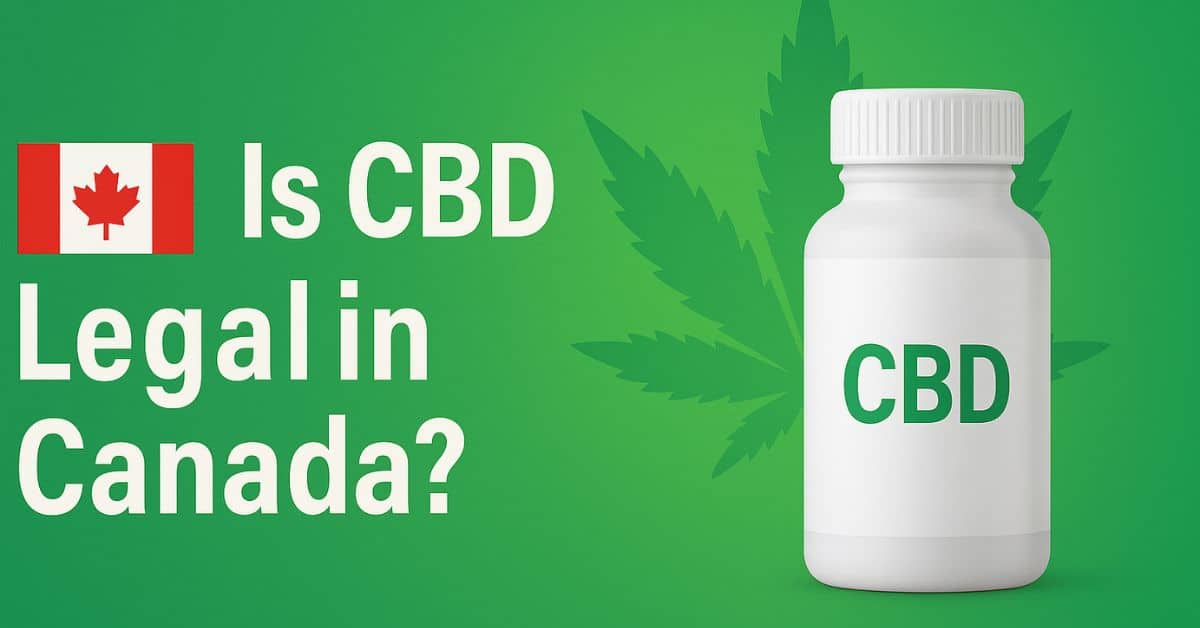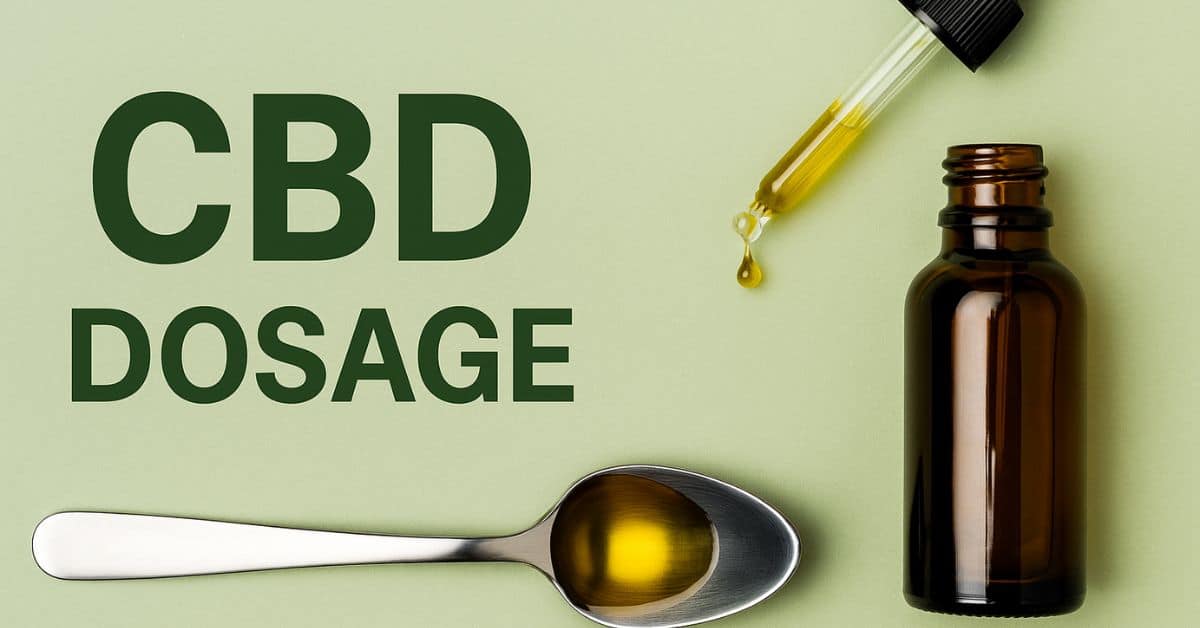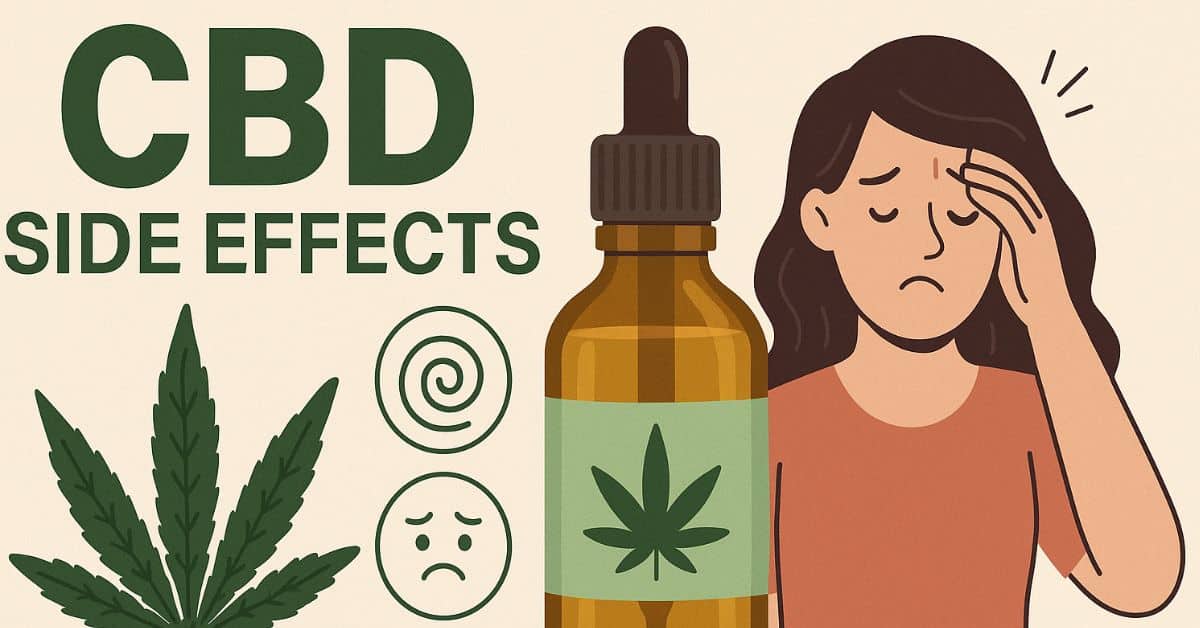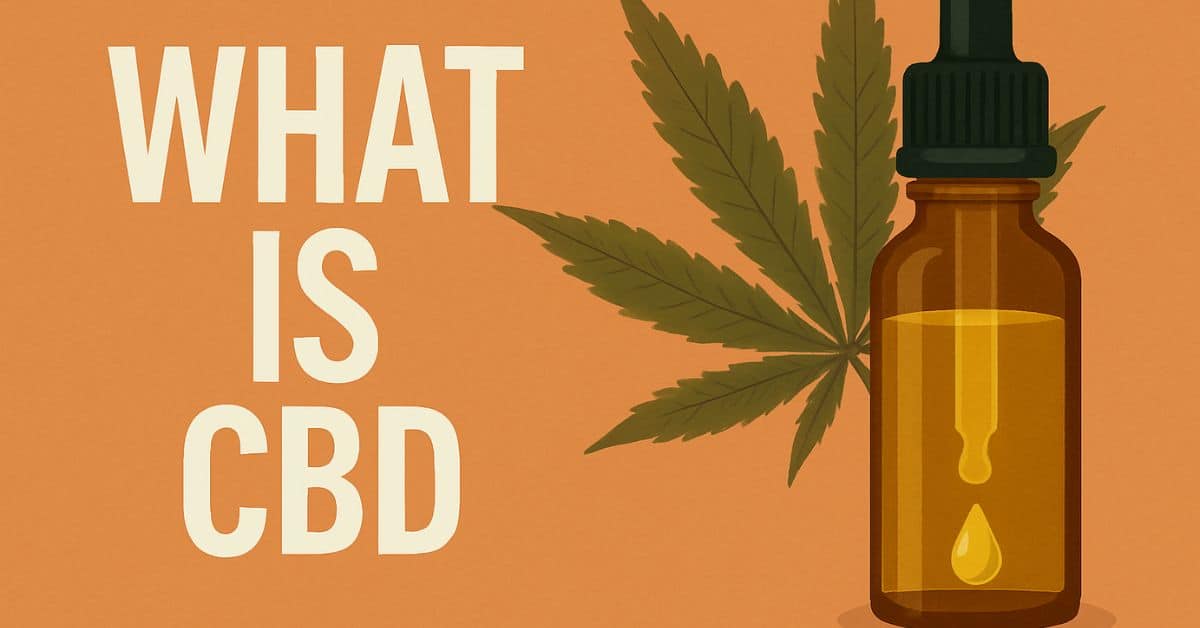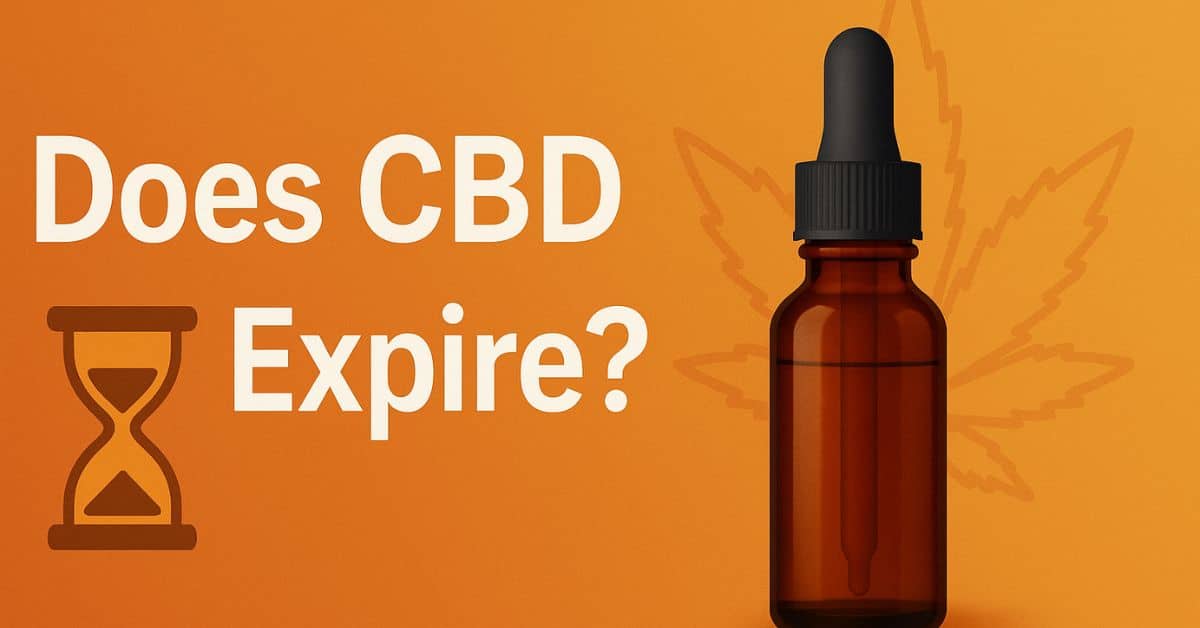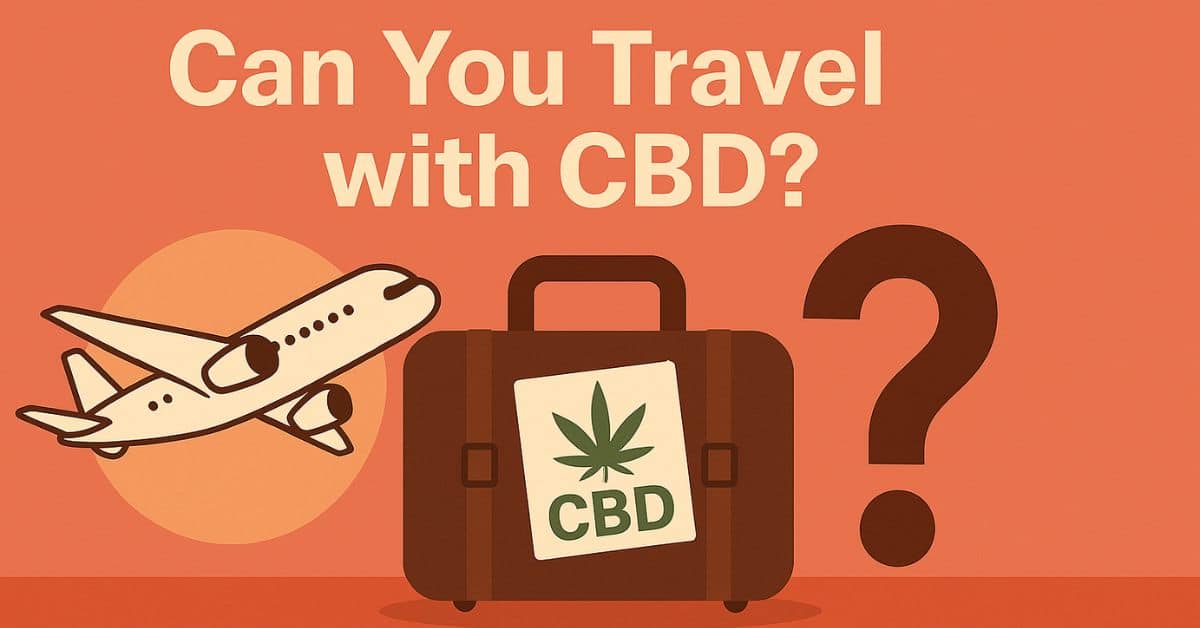Cannabidiol (CBD) is legal in Canada, as long as it’s produced by a licensed cannabis company and purchased from an authorized retailer. Under the federal Cannabis Act, CBD is regulated the same way as THC and other cannabinoids, meaning it must follow strict requirements for licensing, testing, packaging, and sales. Whether it’s an oil, gummy, capsule, or topical, all legal CBD products are subject to the same national framework for safety and quality.
In practice, Canadians should only buy CBD through their province or territory’s official cannabis stores (either online or in person), or from a federally licensed seller. The minimum age to purchase cannabis products is set by each jurisdiction: 18 in Alberta, 19 in most provinces and territories, and 21 in Québec.
Is CBD Regulated Under The Cannabis Act?
CBD falls under Canada’s federal Cannabis Act (2018), the same law that legalized recreational cannabis nationwide. The Act treats CBD like THC and other cannabinoids, regardless of whether it comes from hemp or cannabis.
That means all CBD products must be produced by licensed companies, tested for safety, and sold only through authorized channels. In short, CBD isn’t considered a “natural health product” or supplement, it’s strictly regulated as cannabis under Canadian law.
Where Can You Buy CBD In Canada?
Legal CBD in Canada is only available through retailers authorized by provincial and territorial governments.
Depending on where you live, that might mean a government-run online shop, licensed private cannabis stores, or a mix of both. For example, Ontario operates the OCS.ca platform, while British Columbia has BC Cannabis Stores.
In Alberta and Saskatchewan, licensed private retailers manage sales. Regardless of the province, the rule is the same: CBD must come from a federally licensed seller, and Canadians should avoid unregulated online sources that may not meet safety standards.
What Is the Legal Age to Buy CBD in Canada?
The minimum age to purchase CBD in Canada depends on the province or territory. Alberta allows sales at 18, most provinces and territories set the age at 19, and Québec requires buyers to be 21.
These age limits apply to all cannabis products regardless of whether they contain THC. Anyone under the legal age cannot legally buy CBD, even though it’s non-intoxicating.
Are There Any Exceptions or Grey Areas for CBD in Canada?
Possible change coming (not in force): Health Canada is consulting on a pathway to allow non-prescription CBD health products for humans and animals. This is a proposal, not law yet [1].
No “hemp loophole” for CBD: Under the Cannabis Act, CBD is cannabis regardless of source. Hemp seed derivatives without cannabinoids are exempt, but CBD extracted from hemp flowers/leaves is still cannabis and must follow the Act [2].
Pets: As of Aug 28, 2025, there are no authorized veterinary drugs containing CBD in Canada. Some hemp-based Veterinary Health Products (VHPs) exist, but they cannot contain CBD. Veterinarians cannot authorize/prescribe cannabis products for animals; however, provincial colleges (e.g., BC) allow vets to advise on legal human cannabis products case-by-case [3] [4] [5].
Imports & travel: You cannot bring CBD across the Canadian border or import/export it without a federal permit. The only carve-out is market-approved prescription drugs containing cannabis (e.g., Epidiolex®, Sativex®) under specific travel exemptions [6].
Bottom Line
CBD is legal in Canada, but it is strictly regulated under the Cannabis Act.
Canadians can only buy CBD from licensed cannabis retailers or their province’s official online store. Unlicensed shops, supplements, or imported CBD products are not legal, even if they claim to be “hemp-derived.”
For pets, there are currently no authorized veterinary CBD products. The safest way to access CBD is through Canada’s legal cannabis system, where quality and safety are federally enforced.

